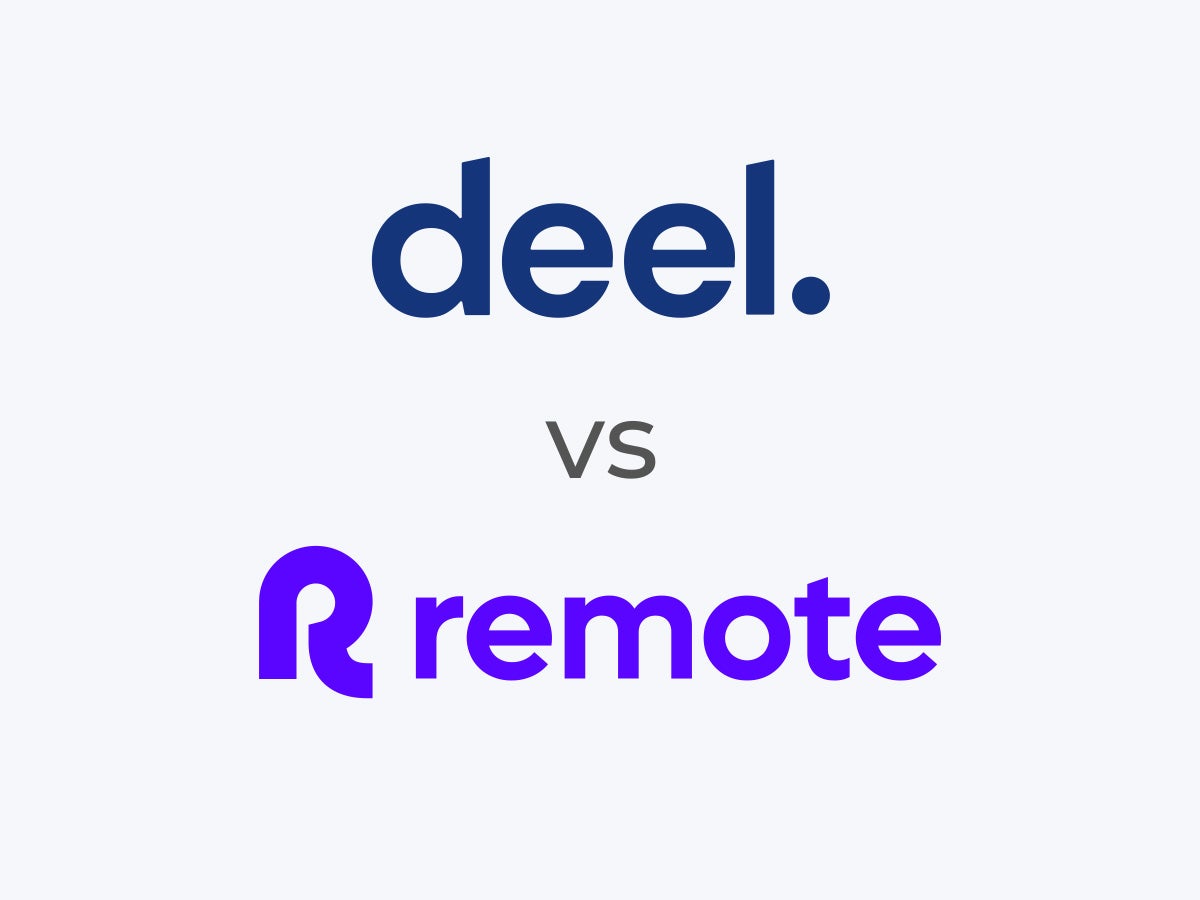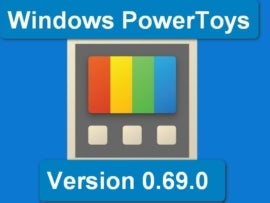If you’re looking for the best payroll software for international businesses, you have no doubt come across Deel and Remote. These two major players both offer global payroll, Employer of Record services, and contractor management for international employees. In this guide, we’ll examine the similarities and differences between Deel and Remote to help you decide which global payroll solution is right for your needs.
Jump to:
- Deel vs. Remote: Comparison table
- Deel and Remote: Pricing
- Deel vs. Remote: Feature comparison
- Deel pros and cons
- Remote pros and cons
- Should your organization use Deel or Remote?
Deel vs. Remote: Comparison table
| Features | Deel | Remote |
|---|---|---|
| Global payroll | Yes | Yes |
| Contractor management | Yes | Yes |
| Employer of Record | Yes | Yes |
| Mobile app | No | Yes |
Deel vs. Remote: Pricing
Deel pricing

Deel offers multiple pricing plans that include different features to suit different businesses needs:
- Contractor: $49 per contractor per month.
- Employer of Record: $599 per employee per month.
- Global Payroll: Custom pricing.
- Deel HR: Free for companies with less than 200 employees and custom pricing for companies with 200 or more employees.
The Deel HR plan serves as Deel’s free trial and allows you to test drive the software for a long period of time before committing to a paid plan. For more information, see our full Deel review.
Remote pricing

Likewise, Remote also offers multiple distinct pricing plans:
- Contractor Management: $29 per contractor per month.
- Employer of Record: $599 per employee per month, paid annually.
- Global Payroll: Custom pricing.
- Enterprise: Custom pricing.
A 30-day free trial is available for the contractor plan. For more information, see our full Remote review.
Deel vs. Remote: Feature comparison
Figure A
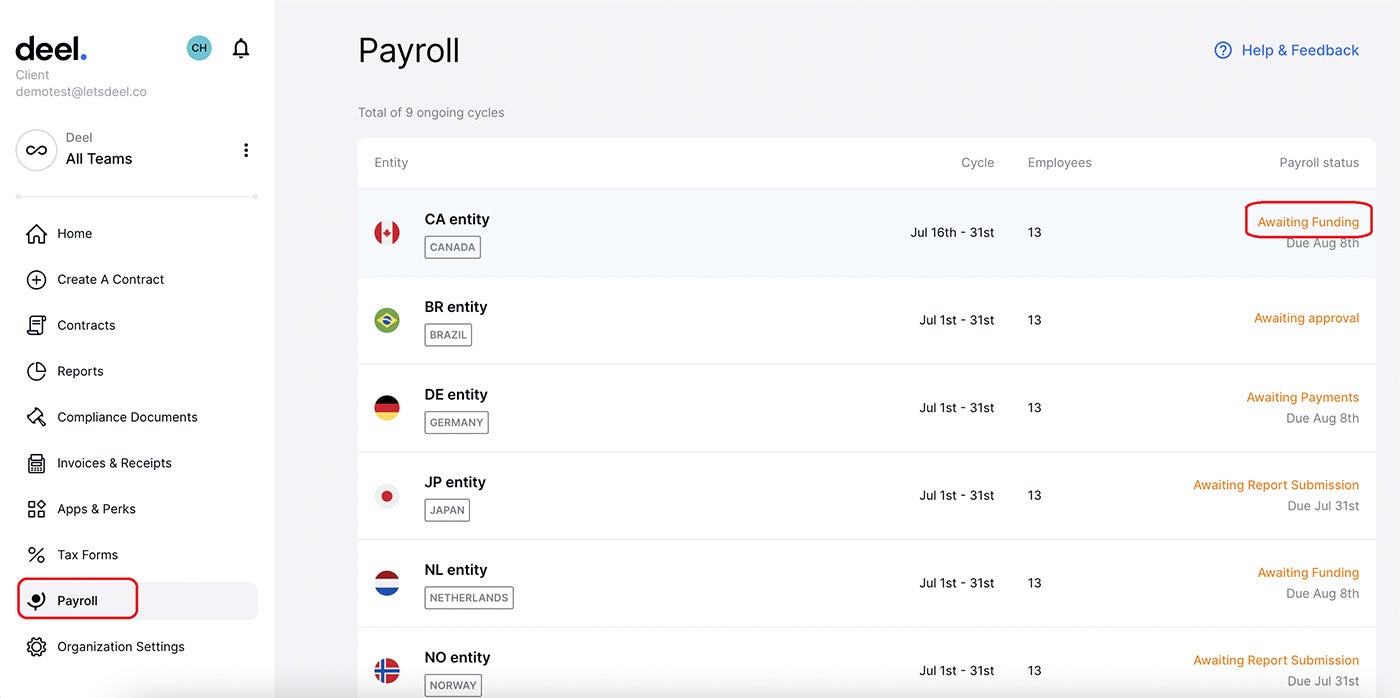
Global payroll and HR
Winner: Tie
Deel is well known for its easy-to-use international payroll platform, which is available in more than 100 countries. Deel covers compliance, taxes, benefits administration, visa support and PTO admin all in one system, and its local experts are available to assist with any related issues. Deel also includes other HR tools besides just payroll, including onboarding and offboarding tools, employee engagement surveys and a people database. However, its tools are not as comprehensive as a dedicated HR suite like BambooHR.
Remote also offers an excellent global payroll system with many features that are comparable to Deel’s. It’s available in 180 countries, which is a significant increase compared to Deel. In Remote, you can calculate payroll, manage local tax deductions and reporting, process benefit deductions, handle time-off requests and calculate bonuses. Remote offers onboarding tools but otherwise not much else in the way of HR features.
Figure B
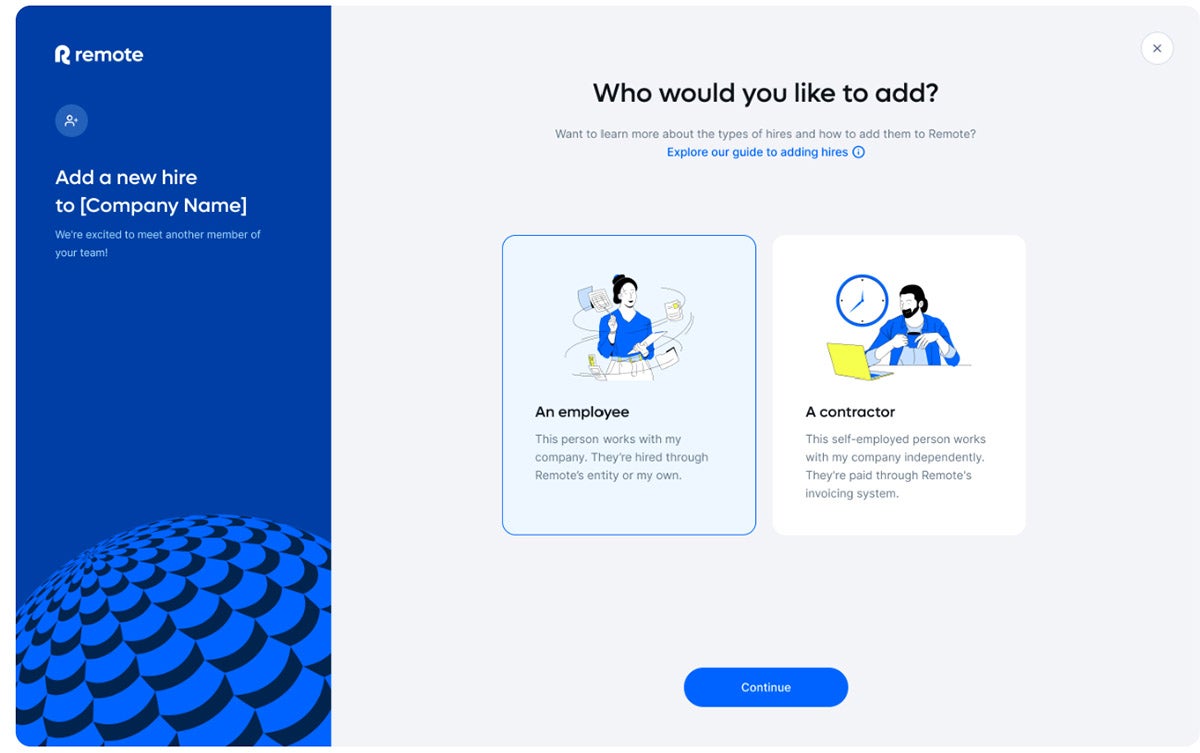
Employer of Record
Winner: Deel
Both Deel and Remote offer Employer of Record (EOR) services. An EOR acts as a third-party go-between that assumes all the hassle and compliance risk of hiring and paying employees internationally. You might sometimes see EOR called international PEO (professional employer organization) or global employment services.
Deel currently offers EOR services in 90+ countries. Deel also owns all of its international hiring entities except for China, as opposed to contracting with third-party organizations. This means that your company will have a seamless experience no matter what country you plan to hire in. Deel provides localized benefits for each country and allows you to edit and sign contracts directly in the app with document management tools.
Remote currently offers global employment services in 77 countries, which means there is a slightly higher chance that Deel will cover whatever country you want to hire in. Remote also owns its global entities, making it one of the few competitors to Deel that doesn’t contract with outside parties. The Remote platform will help you put together competitive benefit packages for each country and ensure that you remain compliant in each country you hire in.
Figure C
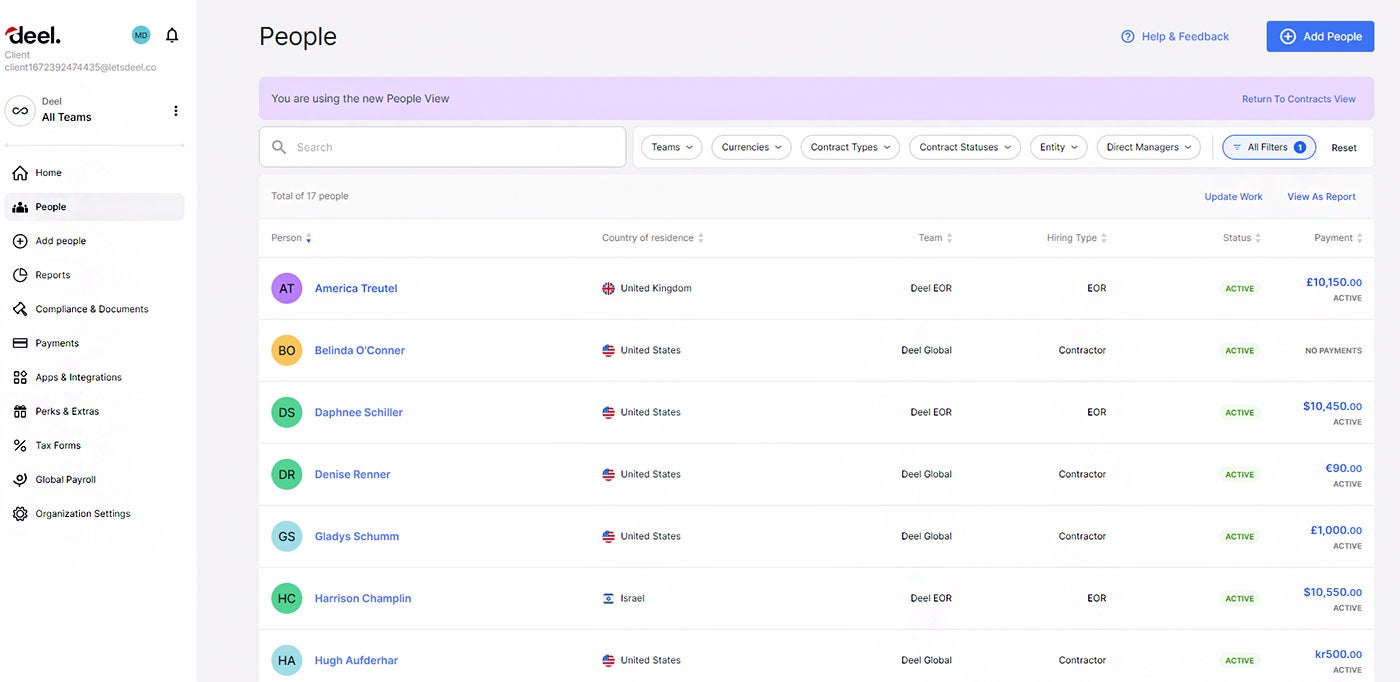
Contractor management
Winner: Remote
Deel’s contractor management plan is not as affordable as Remote’s (or many other competitors) but it does come with some cool features. In addition to 15 different payment methods, Deel also offers the Deel card, a debit card that contractors can use to make payments straight from their Deel account using a stable currency.
If you have U.S. workers, you can generate W-9s for U.S. team members and file 1099s with a single click. And if you’re willing to upgrade to Deel Shield or Deel Premium, you’ll get additional protections from contractor misclassification.
Remote’s contractor plan, which is available in 150+ countries, is much more affordable and also offers a free trial so you can test it out beforehand. With Remote, you can automate onboarding and approval payments with one click and schedule recurring invoices to cut down on repetitive work. The system also generates localized contracts that are vetted by legal experts and guaranteed, so you can rest assured that they are fully compliant with local tax and employment laws.
SEE: The Best Payroll Software for Enterprises in 2023
Figure D

Deel pros and cons
Pros of Deel
- Free for companies with under 200 employees.
- Dedicated account reps for enterprise accounts.
- Good selection of HR tools.
- Easy-to-use payroll system.
Cons of Deel
- Does not offer a mobile app.
- Contractor management plan is more expensive than competitors.
- Must pay extra for contract misclassification protection.
- Not as comprehensive as dedicated HR software.
Remote pros and cons
Pros of Remote
- Contractor plan is more affordable than Deel’s.
- Offers a mobile app.
- Intuitive UI design that is easy to navigate.
- Fast employee onboarding.
Cons of Remote
- Free trial available only for contractor plan.
- Sales quote required to get pricing for standalone global payroll solution.
- Email-only customer support.
- EOR available in fewer countries than Deel.
Review methodology
To compare Deel and Remote, we looked at their global payroll and HR tools. We also considered their Employer of Record (EOR) services and contractor management plans. We weighed additional factors such as pricing, user experience and ease of use. And we consulted product documentation, user reviews and demo videos during the writing of this review.
Should your organization use Deel or Remote?
Both Deel and Remote offer similar services, but with some key differences. Their EOR services are the most alike, with the main differentiation being that Deel currently offers EOR in more countries than Remote does. If you are interested in EOR services, check that Remote offers it in all the countries you plan to hire.
On the flipside, Remote’s international payroll platform is available in more countries than Deel’s is, which may be a dealbreaker for some potential customers. However, Deel does provide more HR tools than Remote does, plus it offers a forever free plan to companies under 200 employees, which is a huge benefit. Small businesses will likely prefer Deel for that reason, as long as its payroll is available in all the countries they need.
SEE: The Best Payroll Software for Your Small Business in 2023
There’s no denying that Remote’s contractor services are cheaper than Deel’s, and Remote offers a free trial for its contractor management service while Deel does not. If you only need to pay contractors, Remote makes more sense.
Still not sure if Deel or Remote is right for your needs? Check out our list of the best international payroll services for 2023 to see what your other options are.
